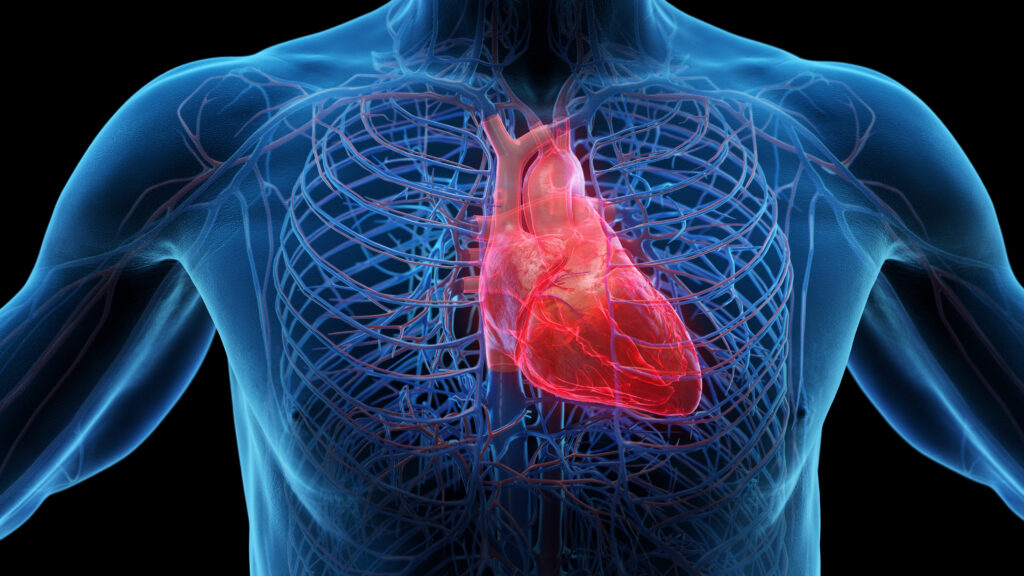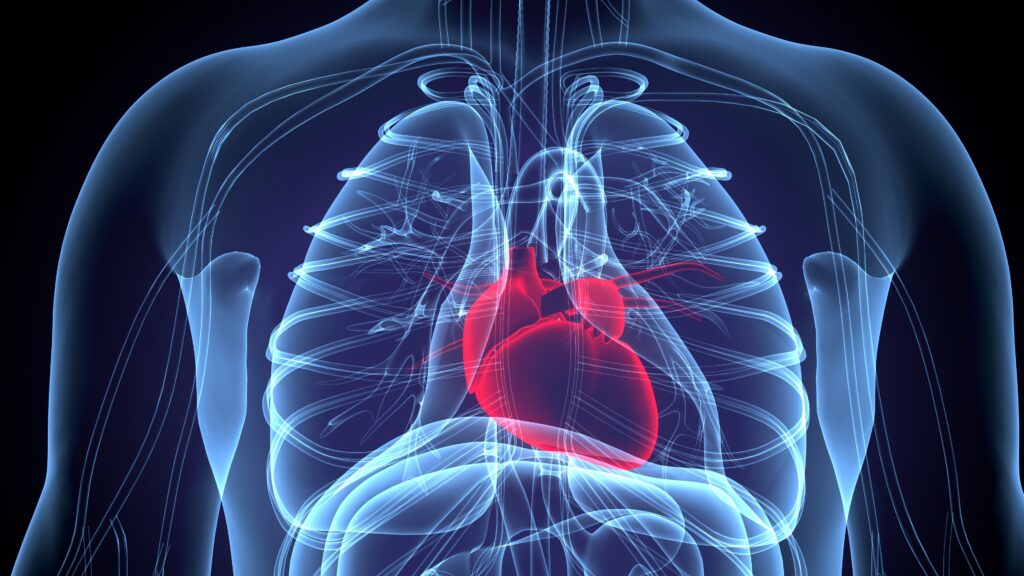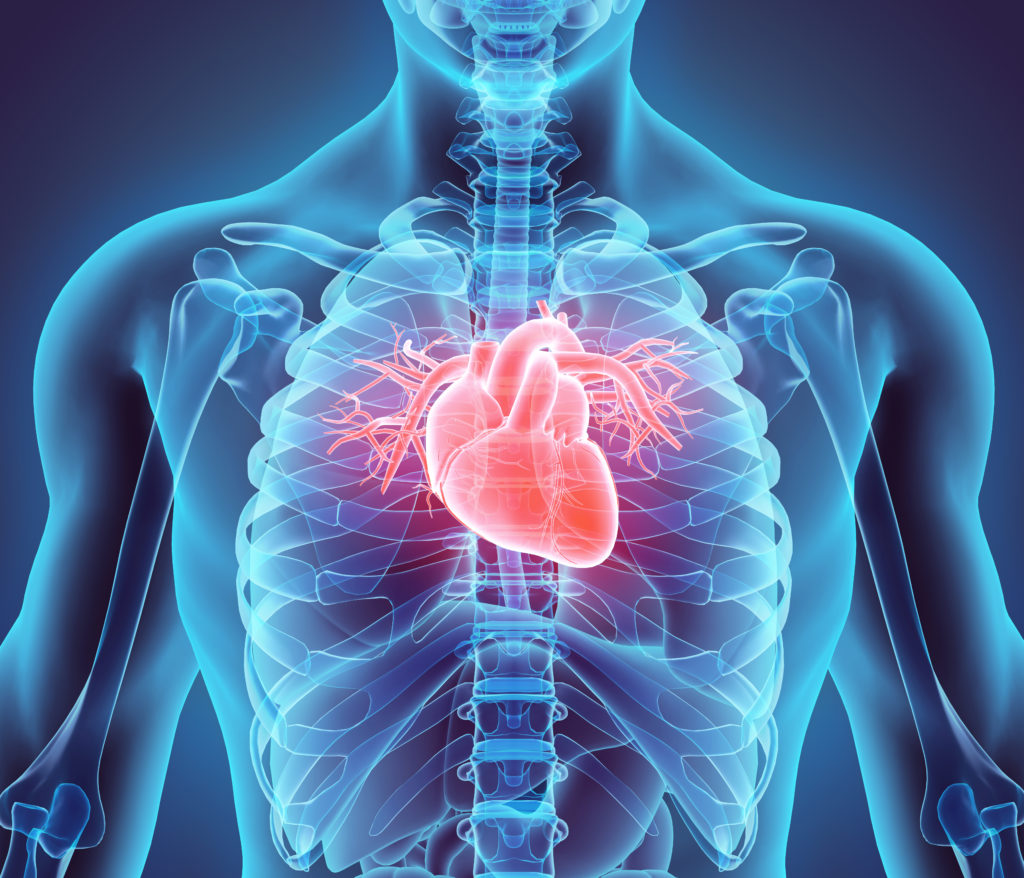Background: Survey undertaken to assess the level of patients and carer understanding of CIED device infection. Cardiac implantable electronic devices (CIEDs) continuously monitor heart rhythm. The device can slow or increase the heart rhythm and can shock it back into normal rhythm when a potentially fatal arrhythmia is detected. CIEDs are life-saving medical devices. By 2030 it is predicted that 2.3 billion devices will have been implanted globally. There are relatively few risks associated with the implant of the device, the most common are infection, bleeding and bruising. Infection is the most serious risk, yet the majority of survey respondents were unaware of the signs and symptoms of CIED infection and the potentially fatal consequences.
Purpose: Arrhythmia Alliance (A-A) in collaboration with Mended Hearts, conducted a survey to gather insights from patients on their knowledge of awareness, signs, symptoms, treatment and implications of device infection through their own experience or somebody they care for. The results will be used to support the findings of research undertaken by Duke University Medical School into CIED infection and adherence by healthcare professionals (HCPs) to international CIED infection guidelines.
Method: An online questionnaire was designed and distributed across the A-A, AF Assoc, Mended Hearts and STARS (Syncope Trust) databases, social media and online forums.
Results: 265 patients responded to the online questionnaire, 94% of respondents had a CIED or were a caregiver to someone with a CIED. Findings from the questionnaire are summarised in the diagrams.
Conclusions: This survey highlights a lack of patient knowledge about risk of CIED infection. There were limited discussions with doctors, and patients were unaware of infection signs or symptoms and unaware of potential relapse. It is therefore evident that HCPs need to engage with patients and caregivers regarding the risk of infection and the signs and symptoms of infection. Patients need to better understand signs and symptoms of infection and when to seek medical attention. HCPs, patients and caregivers need to know where to find further information and support from professional patient organizations such as Arrhythmia Alliance. ❑




















